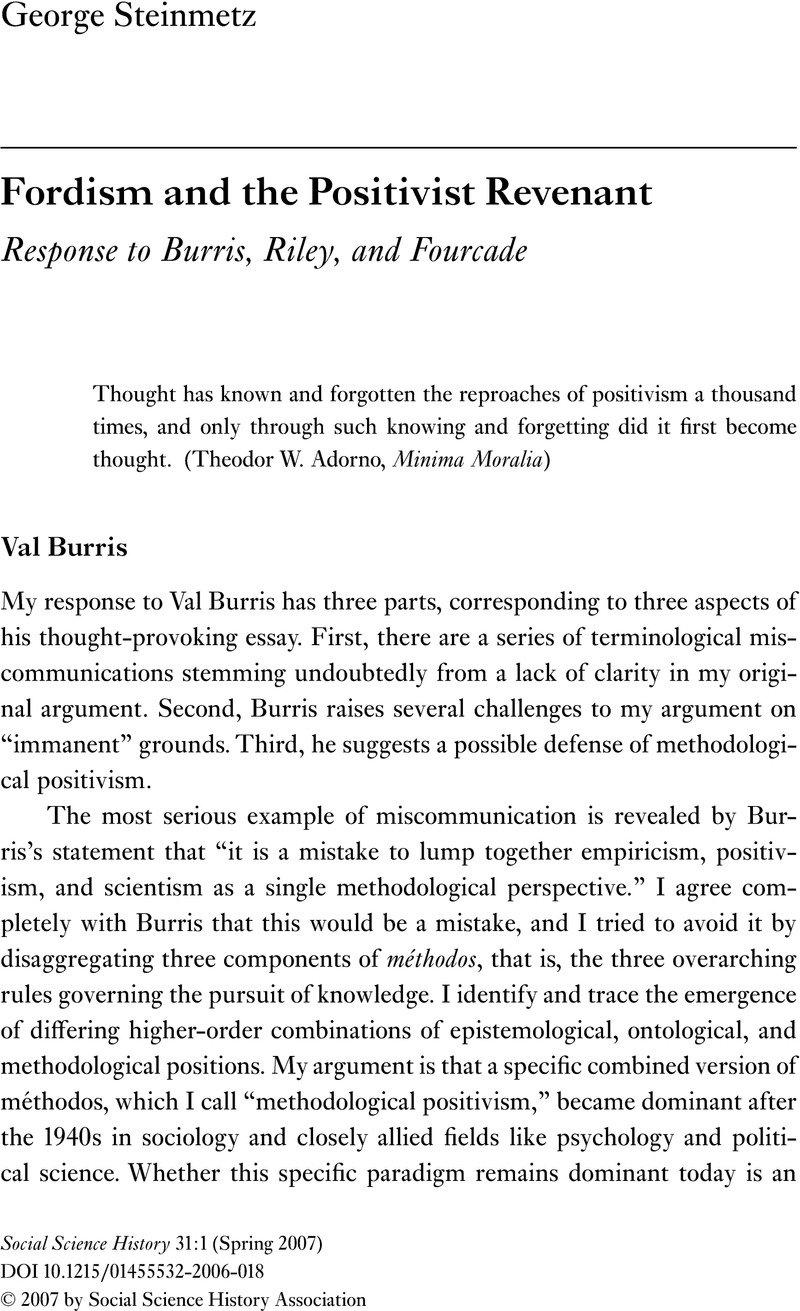Crossref Citations
This article has been cited by the following publications. This list is generated based on data provided by Crossref.
Palmer, Dajanae
Furlong, Darcy E.
Silberstein, Samantha
Elfreich, Alycia
Dennis, Barbara
Zhao, Pengfei
Bose, Suparna
Carspecken, Lucinda
Housh, Karyn
Márquez-Lameda, Rossmary D
Saxena, Pooja
and
Washington, Sylvia
2024.
Feminist Collective Interpretation: Interpretation as Analysis.
Qualitative Inquiry,
Vol. 30,
Issue. 10,
p.
848.



